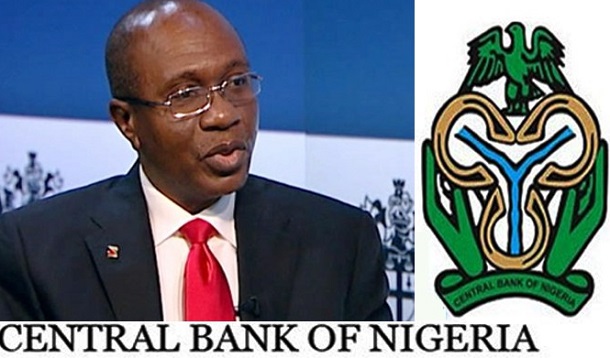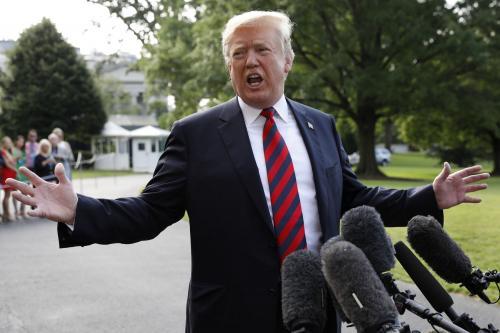The Monetary Policy Committee (MPC) has retained the Monetary Policy Rate at 14 per cent, to combat inflation due to foreseen increase in government spending ahead of the 2019 elections.
The Central Bank of Nigeria (CBN) Governor, Mr Godwin Emefiele said this when he briefed newsmen in Abuja on Tuesday on the outcome of the third Monetary Policy Committee meeting for the year.
This means that the Cash Reserve Ratio still remained 22.5 per cent, Liquidity Ratio, 30 per cent, the Asymmetric corridor is at +200 and -500 basis points around the MPR.
“The committee strongly considered the option of tightening, believing that tightening will curtail the threat of a rise in inflation even as the injection from the fiscal authorities will still provide the economy with substantial liquidity.
“However, the committee was of the view that tightening will trigger the repricing of financial assets by banks and further constrict the real sector from promoting inclusive growth.
“In considering the option of loosening, the committee accessed the potential effect of stimulating aggregate demand through lower cost of capital. This could stimulate consumption and aggregate demand.
“The committee, however, considered its potential relevance, taking into account the expected liquidity injection from the 2018 budget, increased FAAC disbursements and election-related spending ahead of 2019 general elections.
“If this crystalises, it will increase inflationary and exchange rate pressures as well as return interest rates into the trajectory.
“Moreover, lowering policy rate may not translate to an automatic reduction in market rate due to poor transmission mechanisms,’’ he said.
Emefiele said that the committee expressed concern over the threat posed by incessant herders and farmers’ crisis in some key food-producing states
The Central Bank of Nigeria (CBN) Governor, Mr Godwin Emefiele said this when he briefed newsmen in Abuja on Tuesday on the outcome of the third Monetary Policy Committee meeting for the year.
This means that the Cash Reserve Ratio still remained 22.5 per cent, Liquidity Ratio, 30 per cent, the Asymmetric corridor is at +200 and -500 basis points around the MPR.
“The committee strongly considered the option of tightening, believing that tightening will curtail the threat of a rise in inflation even as the injection from the fiscal authorities will still provide the economy with substantial liquidity.
“However, the committee was of the view that tightening will trigger the repricing of financial assets by banks and further constrict the real sector from promoting inclusive growth.
“In considering the option of loosening, the committee accessed the potential effect of stimulating aggregate demand through lower cost of capital. This could stimulate consumption and aggregate demand.
“The committee, however, considered its potential relevance, taking into account the expected liquidity injection from the 2018 budget, increased FAAC disbursements and election-related spending ahead of 2019 general elections.
“If this crystalises, it will increase inflationary and exchange rate pressures as well as return interest rates into the trajectory.
“Moreover, lowering policy rate may not translate to an automatic reduction in market rate due to poor transmission mechanisms,’’ he said.
Emefiele said that the committee expressed concern over the threat posed by incessant herders and farmers’ crisis in some key food-producing states





